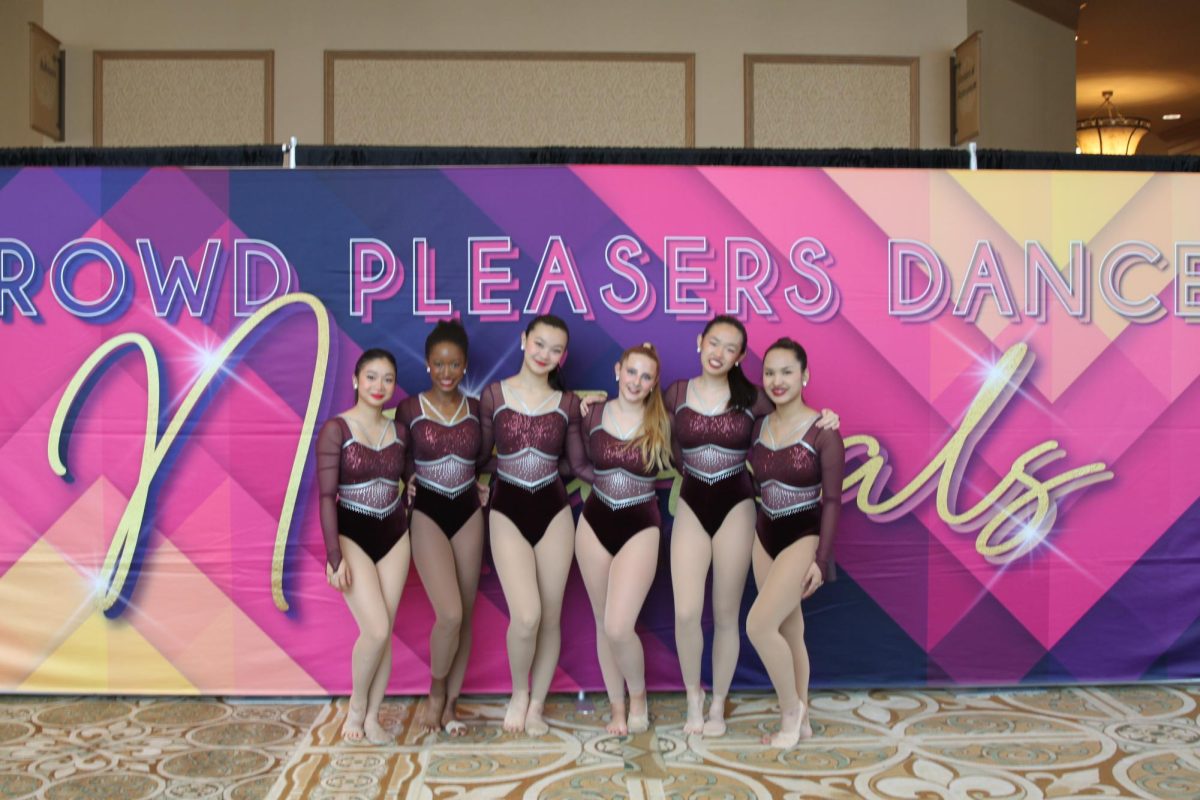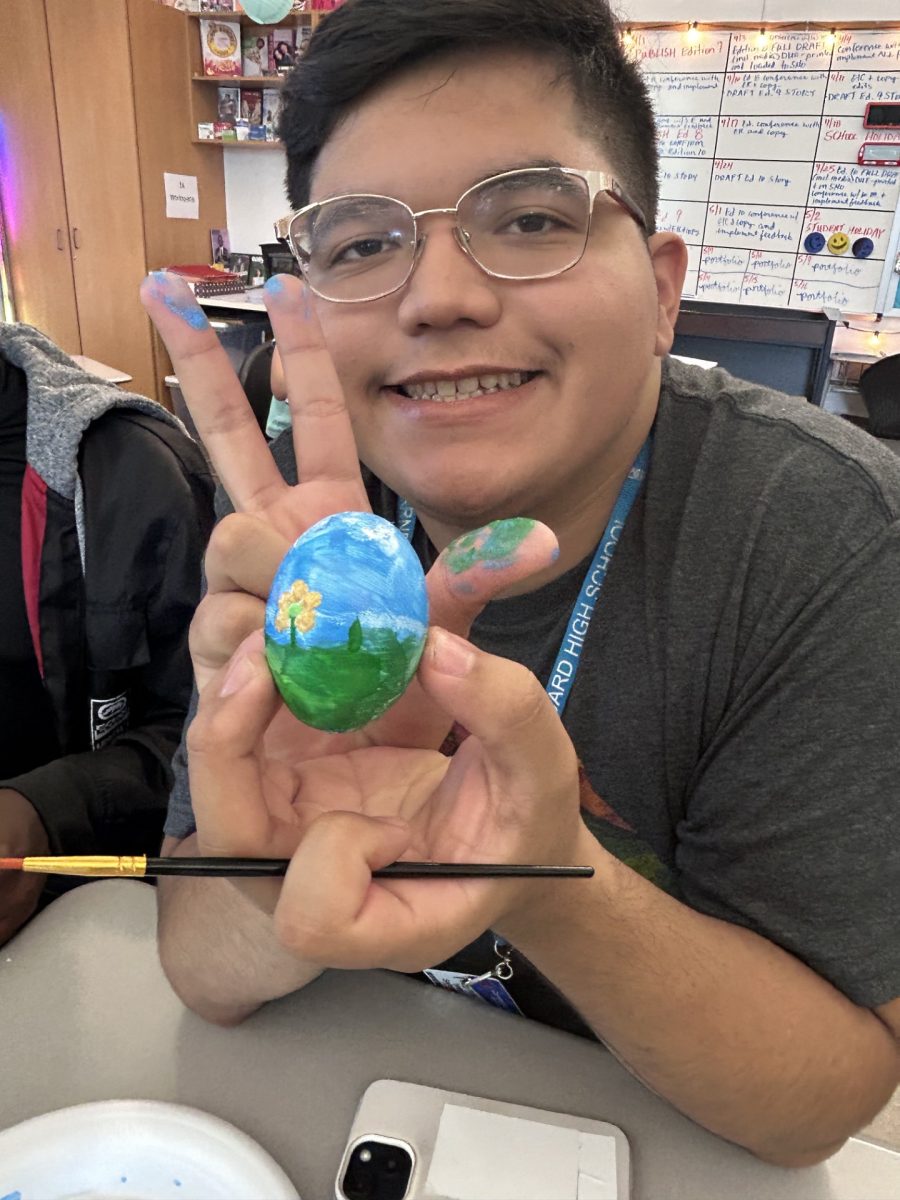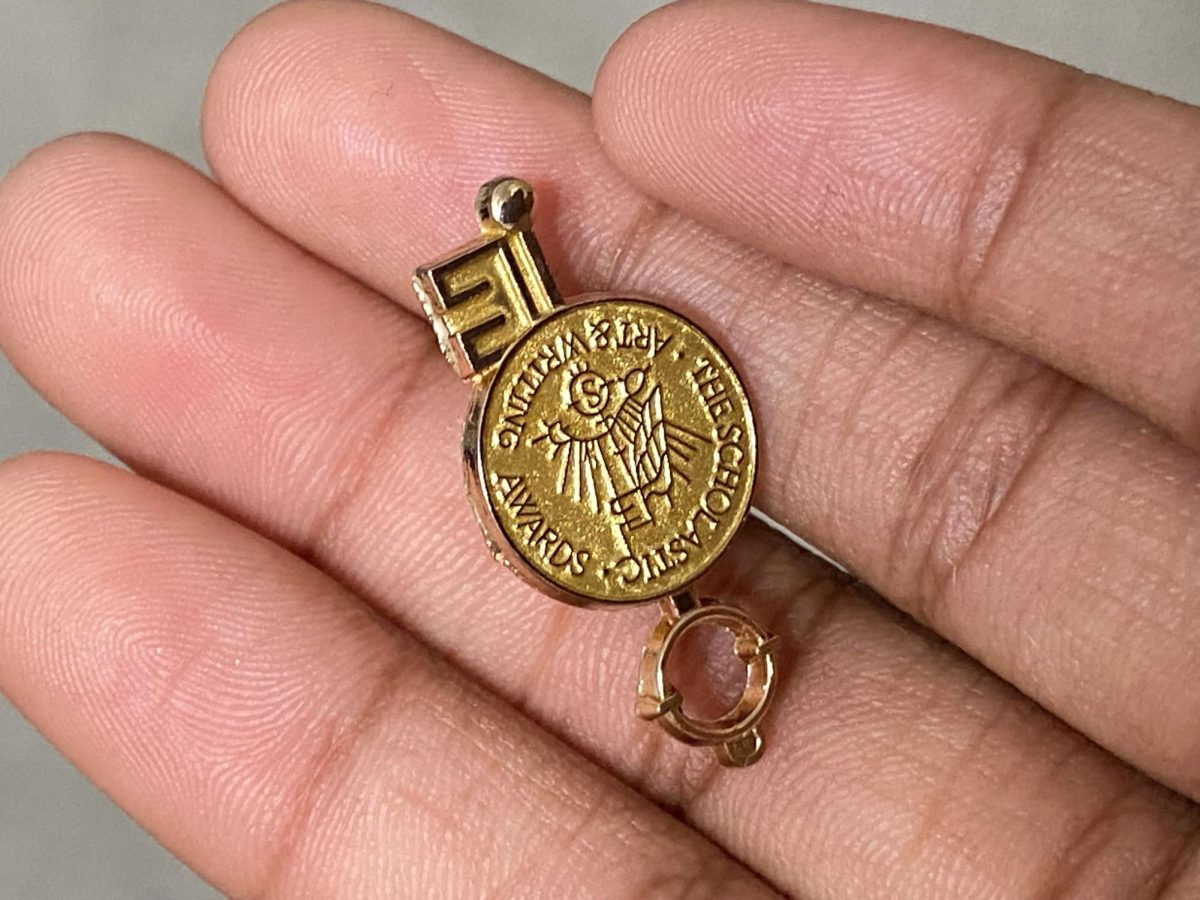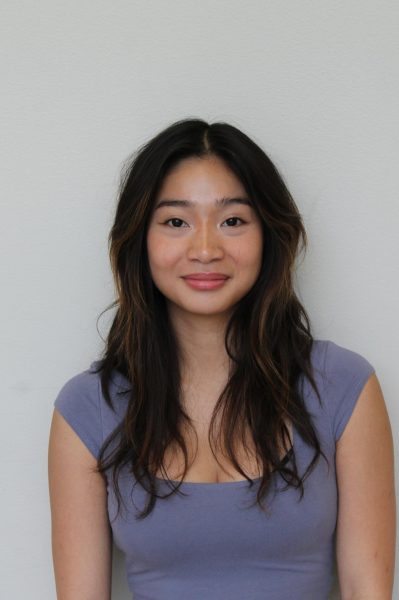On March 29, the CVHS dance team brought the heat to the Crowd Pleasers’ National Showcase, where they competed in the classic division for medium-sized high schools. Facing off against four to five other teams in their division, the team delivered performances in officer lyrical, jazz and contemporary categories, ultimately walking away with a third-place finish.
Unlike many dance teams that are packed with studio-trained dancers, CVHS competes in the “classic” division, a bracket designed for schools whose dancers may not come from a studio dance team.
“There aren’t really qualifications to enter Nationals,” team captain Laila Payne explains. “You sign up, but the competition is still fierce. Only the top few teams walk away with a trophy.”
The competition began with the officer lyrical routine, an interpretive dance inspired by the lyrics of the song. As the name suggests, it’s performed by team officers like Payne.
“The lyrical wasn’t student-choreographed, but we did all the cleaning ourselves,” Payne explains. “It’s always really special to step onto the floor and see how our hard work paid off, especially because we’re a student-led, student-run team.”
Then came time for the officer jazz, which is a sharper, higher-energy performance.
“The jazz is more your fun, pop-music based routine that is upbeat and sassy. We were able to have fun with it when competing,” Payne said.
Finally, the team closed out their competition day with officer contemporary, a routine they performed at 8 p.m.
“The contemporary dance form focuses more on the beats and the background instrumental to create movement and dance. We poured everything we had into that performance to cap off what was a long but amazing day,” Payne said.
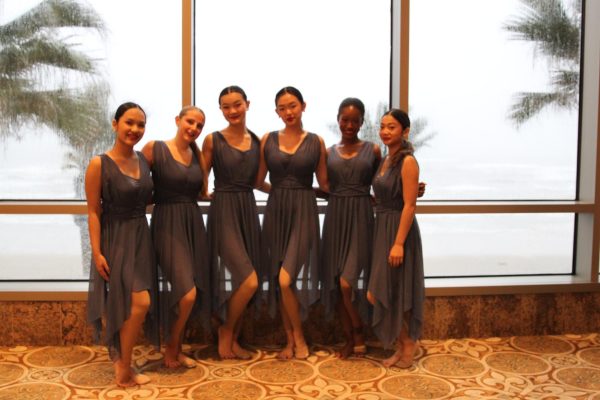
However, as Payne explained, getting third place required much prior planning and direction.
“Being able to shadow my predecessor when we went to Nationals for the first time was really happy, because we were able to see what our competition looked like. This year, we really tried to practice difficult routines and improve on feedback at regional and national competitions,” said Payne.
Practices also require significant effort, with much of the management and delegation often falling on the dance officers.
“Honestly, it’s a lot of learning how to delegate,” Payne said. “It’s vital to make sure that everyone’s keeping each other accountable, because at the end of the day, no one person could just do it all alone.”
In addition to consistency, passion also played a crucial role in the team’s success.
“To be able to have all these extra practices in the morning and over the weekend, you have to really want it. Slowly but surely, we’ve been able to build up this team over the years,” Payne said.
For future generations of Carnegie dancers, Payne’s advice is simple: take initiative and have fun.
“If I had any advice to future captains and anyone joining this team, I would tell them that dance shouldn’t be something that is stressful or scary or daunting to you, and to use dance as a channel to express yourselves,” Payne said.


